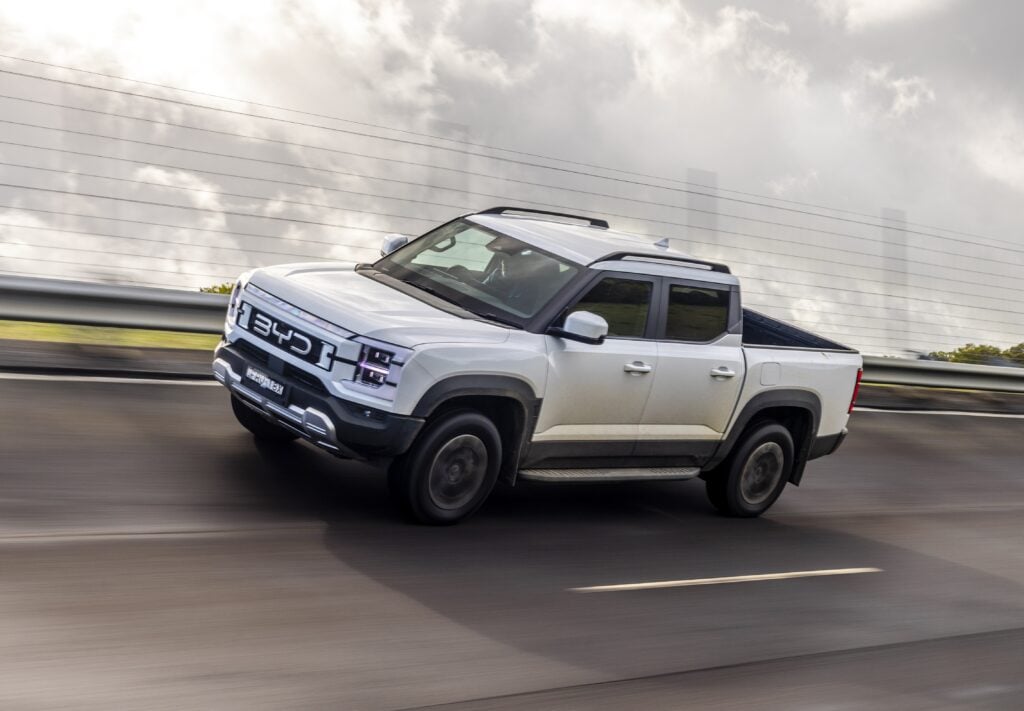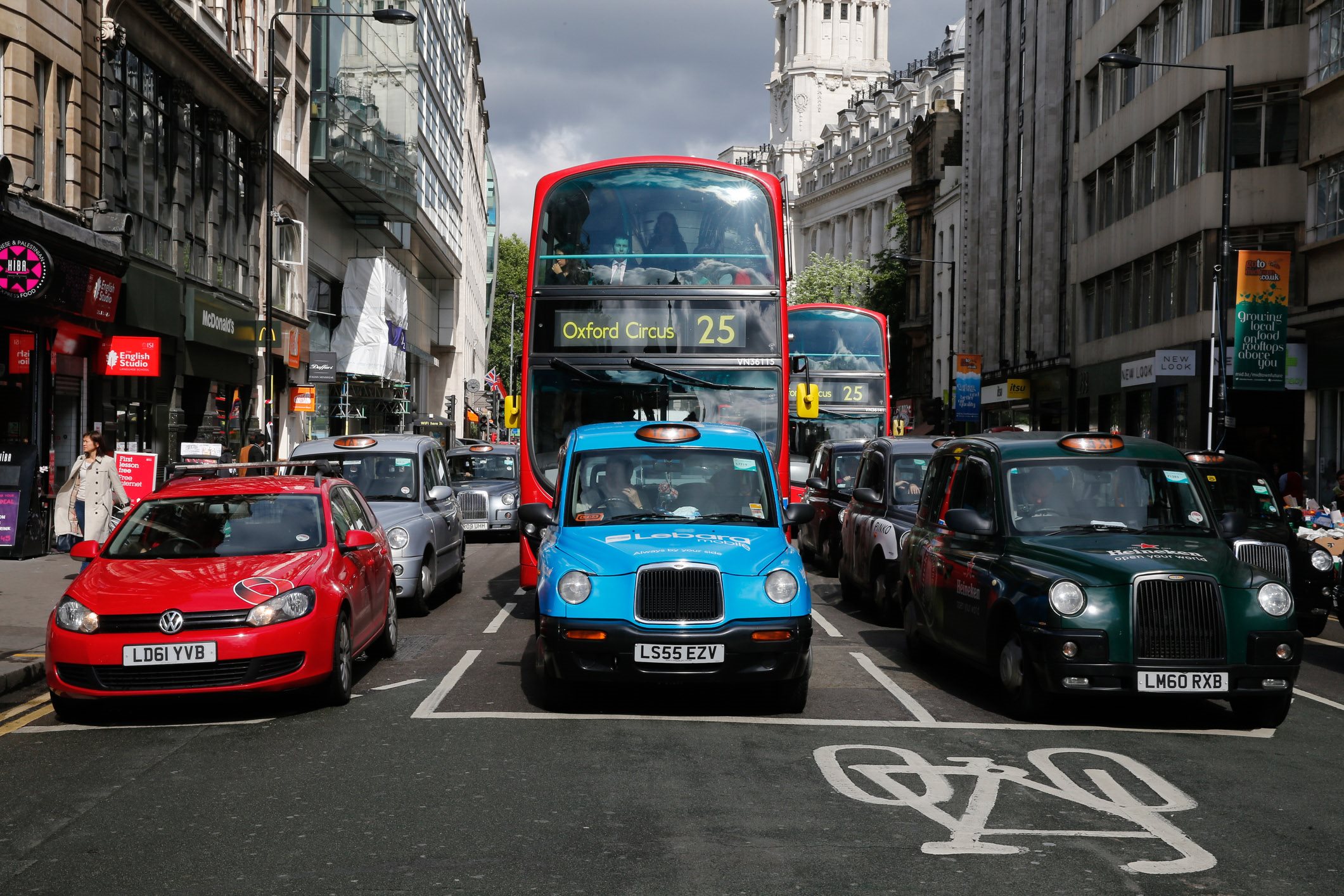
- ICE ban expected to be brought forward five years to 2030
- Hybrids will last until 2035
- Decision will impact global industry
The United Kingdom’s planned sales ban on petrol and diesel cars is expected to be brought by forward five years when prime minister Boris Johnson announces new climate change initiatives later this week.
This would see the sale of new internal combustion engine cars banned in the UK from 2030, pushing an electric car boom that it believes will underpin a goal of net-zero emissions by 2050.
The news comes from the Financial Times, which also reports that UK government ministers are indicating hybrid cars will be exempt from the latest changes and will remain tied to the original 2035 ban, five years behind ICE vehicles.
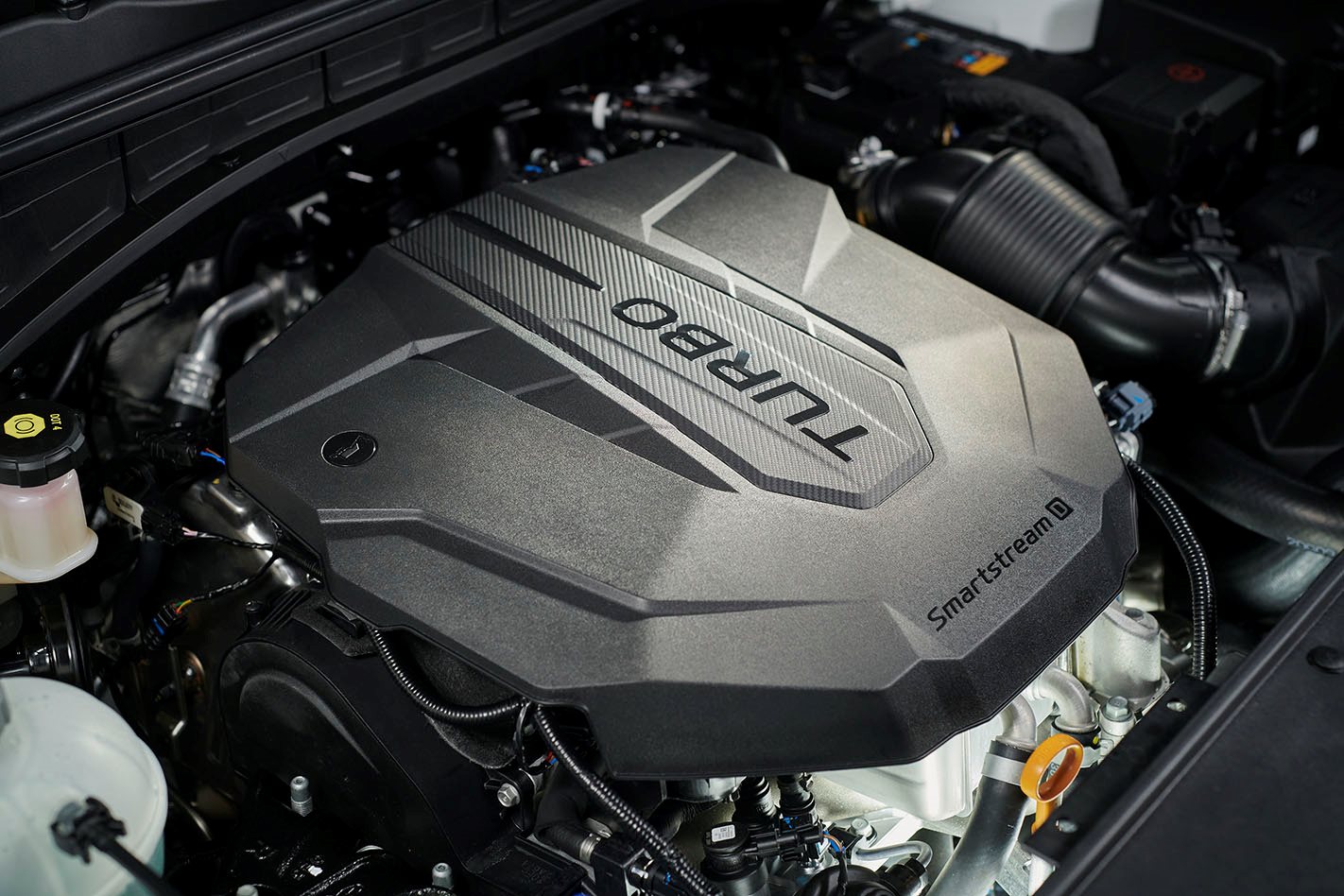
This equates to a little over 110,000 cars in a market that currently moves around 2.3m new cars a year.
However, should the legislation pass into law, EV sales would need to increase to about 2.1 million units a year within the decade.
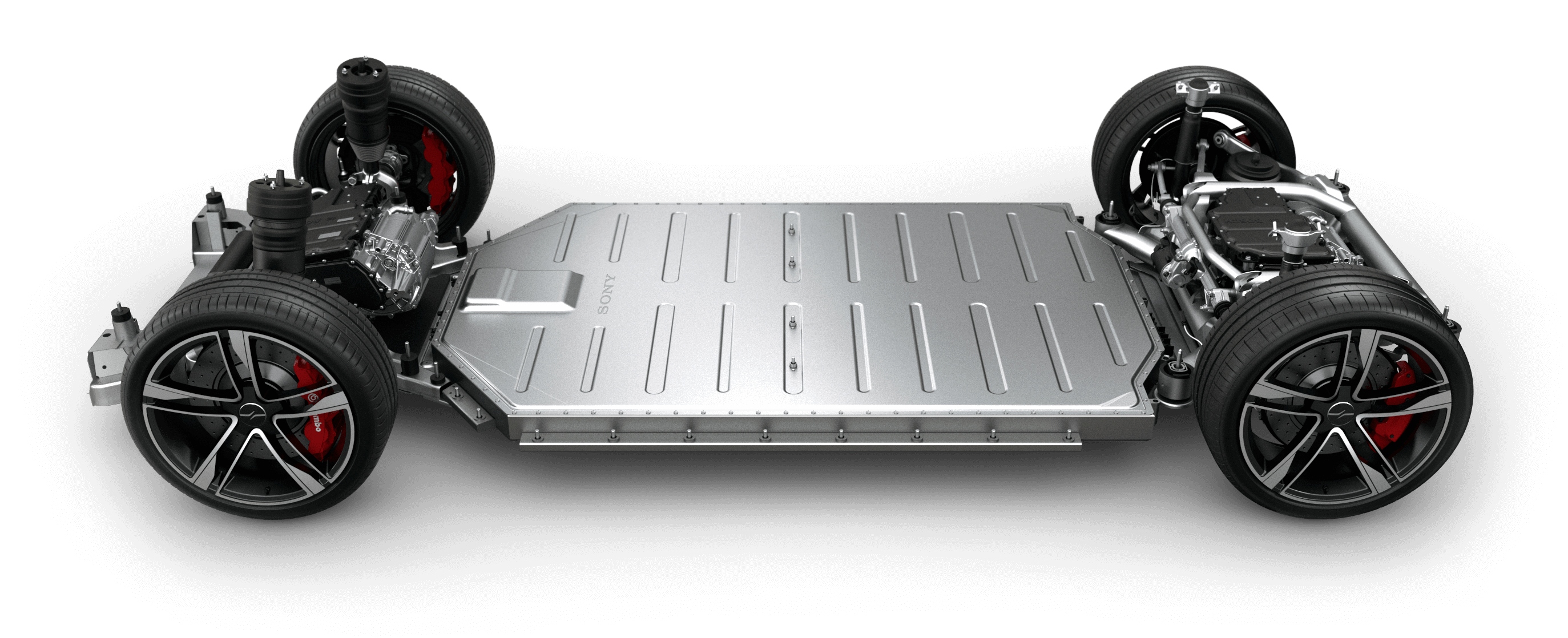
The application of congestion charges and incentives for vehicles that can operate on electricity in city centres has been the catalyst for the surge.
This second push from the UK government is part of reported fast-tracking on climate action policy that has been made a priority after Joe Biden won the presidential vote in the American election this month.
Biden (below) campaigned on a plan that pledges heavy spending on initiatives to achieve net zero emissions by 2050, while also committing to encouraging action in other nations.
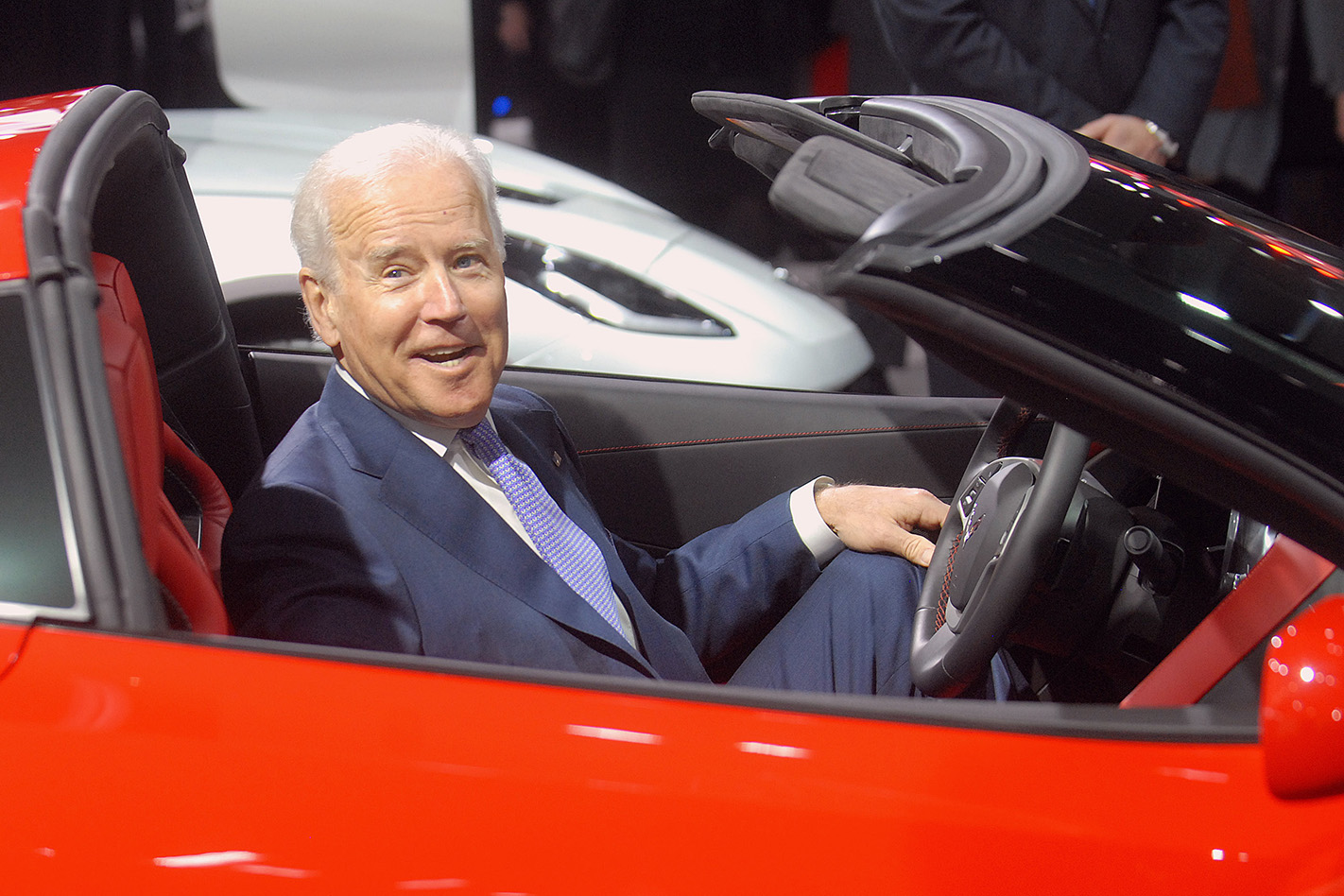
Earlier this year, the United Kingdom’s government made a stunning move towards an electric vehicle future when it announced all petrol, diesel and even hybrid private passenger vehicles would disappear from showrooms by 2035./Louis Cordony
Boris Johnson’s original five-year cut
Johnson’s original announcement in February already brought a ban on combustion-powered cars forward by five years to 2035 and came after sacking the head of the COP26 climate change conference planned for late this year.
READ The Samsung battery set to smash EV range wide open
“We have to deal with our CO2 emissions,” said the prime minister. “As a country and as a society, as a planet, as a species, we must now act.”
Speaking to WhichCar, the Federal Chamber of Automotive Industries head Tony Weber predicted that, without the assistance of the world’s respective governments, electric vehicle sales will not rise above 4.0 percent, or until price parity is reached with combustion equivalents.
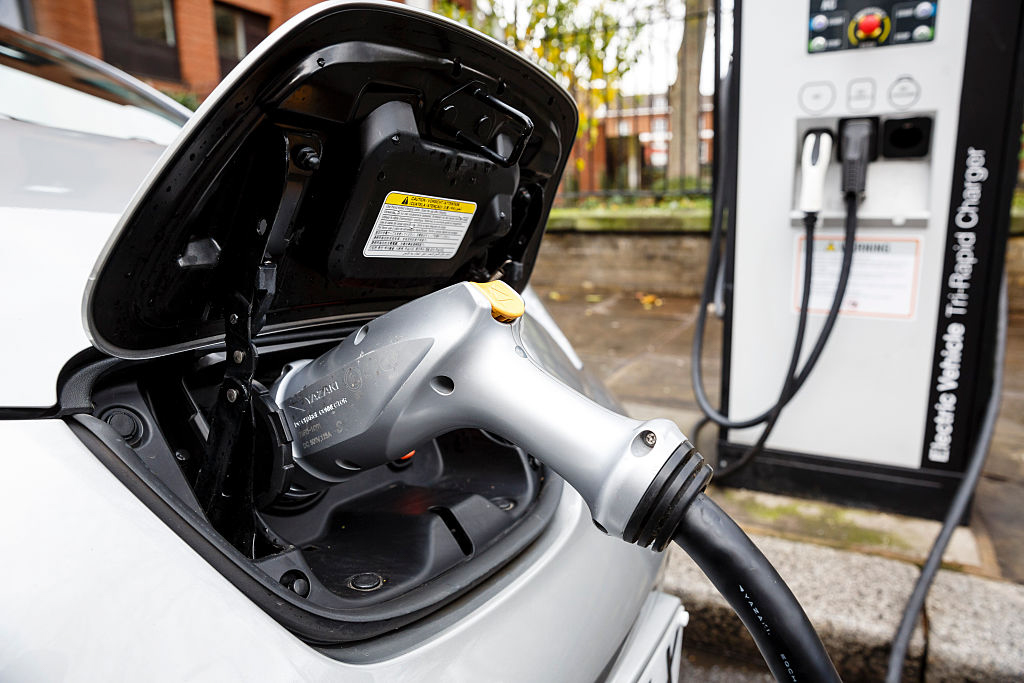
The UK is bolstering the move with a complete package of EV incentives that include tax breaks and subsidies for industry, as well as planning to rapidly grow the infrastructure network to support electric vehicles.
However, this support for EVs from the UK parliament flies in the face of current EV policies of other countries with large populations.
China, for example, has stopped providing subsidies for cars with a range of less than 250km and has halved incentives on other cars, while EV sellers in the US, like Tesla and General Motors, have both exceeded federal sales incentives caps that made EVS like the Model 3 and the Bolt cheaper to buy.
As it stands, Norway will mark the beginning on the end of fossil-fuel passenger vehicles with a ban on sales in just five year’s time. Denmark, Iceland, Ireland, Israel, Netherlands, Slovenia and Sweden will follow suit by 2030, while France, Sri Lanka and the UK will all join in before 2040.
And they are by no means expected to be the only nations to end combustion power sales with many more planning to reveal their carbon-reduction strategies in the coming years.
What this means for Australia
But if you think a decision by a small nation on the other side of the world won’t impact the Australian automotive landscape, think again.
Australia is many years away from a similar move to the UK’s ban, but if more nations around the world follow Britain’s lead, car companies will be forced to divert more resources into fast-forwarding production of electric vehicles to suit demand.
This will inevitably see the pool of combustion-powered models start to dry up as electric options gain traction.
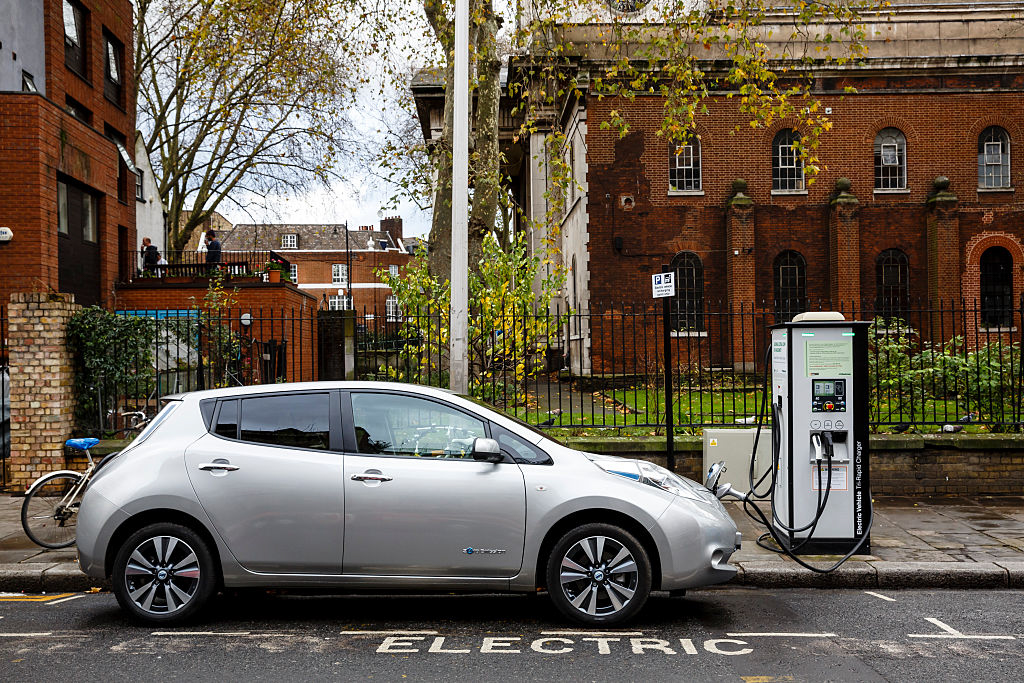
It doesn’t matter if a vehicle is electric, petrol, diesel or a combination of both; each has to earn its keep in global sales. As more countries ban the sale of combustion-powered cars and emissions regulations become more onerous and expensive, global sales will decline to a point their manufacturers can no longer justify their production.
MORE The real cost of charging an EV
Take the light car, for example; the cost of producing an affordable compact hatchback with a petrol or diesel drivetrain has been driven up in recent years as carmakers are forced to meet emissions caps on its entire range. here is less cost margin to work on more affordable cars, so adding hybrid powertrains or other measures to reduce their emissions isn’t cost-effective. The result? The model either goes full electric, or it’s dropped altogether.
In short, it doesn’t matter how long Australia’s government ignores electric vehicles and refuses to incentivise their sale and ownership. Global demand and trends will ultimately force the electric revolution upon all nations./Daniel Gardner


